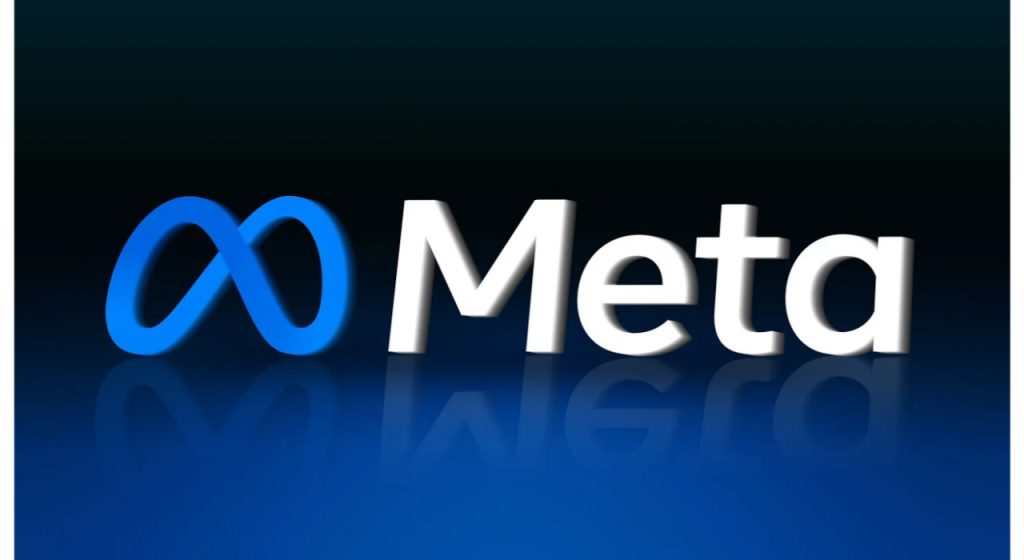- Extended reach: Major countries and regional organizations in Europe and Asia have now approved the usage of Llama, a multimodal large language model from Meta.
- Partners and strategy: To help with integration, Meta is collaborating with cloud and infrastructure companies such as Microsoft, AWS, Oracle, and Palantir. The free or inexpensive model is presented as a way to spur innovation and compete with more exclusive proprietary AI systems.
What happened: Meta extends Llama AI to key U.S. allies and institutions
Meta Platforms has expanded access to its Llama artificial intelligence system to a number of U.S. allies in Europe and Asia. The countries granted access include France, Germany, Italy, Japan, and South Korea, along with NATO and European Union institutions. This follows the U.S. General Services Administration’s (GSA) recent decision to add Llama to its list of approved AI tools for federal agencies.
Meta’s Llama is a multimodal large language model, meaning it can process not just text, but also video, images and audio. To make adoption easier, Meta has partnered with big-tech infrastructure providers—Microsoft, Amazon Web Services, Oracle, and Palantir—to facilitate deployment of Llama-based solutions in the newly included nations and institutions.
Also read: Ciena acquires Nubis to power AI data centres
Also read: Salesforce pledges $6B to build UK AI hub
Why it’s important
This extension of access signals further alignment of AI capacity with U.S. geopolitical strategy: by offering Llama to trusted allies, Meta positions itself as a central actor in shaping how generative AI is deployed in democratic governments.
At the same time, using “free or largely free” licensing for developers may help accelerate adoption and innovation in these countries, particularly for governments and institutions developing public services or security tools.
However, there are open questions and potential concerns:
- Regulatory compliance: European allies operate under tougher restrictions (particularly the EU’s AI Act and GDPR). Ensuring Llama’s models conform with privacy, data protection, transparency and liability requirements across several jurisdictions could prove problematic.
- Security and misuse risks: As with any powerful AI model that becomes more widely available, risks of misuse (intentional or accidental) grow. How Meta and its partners enforce safeguards, access controls, and monitoring will matter.
- “Openness” vs control: While Meta frames Llama as broadly available and “open-source” in many respects, there are known licensing restrictions and limitations (e.g. on large-scale commercial use or usage involving certain actors) which might limit the promise of fully unrestricted openness.

